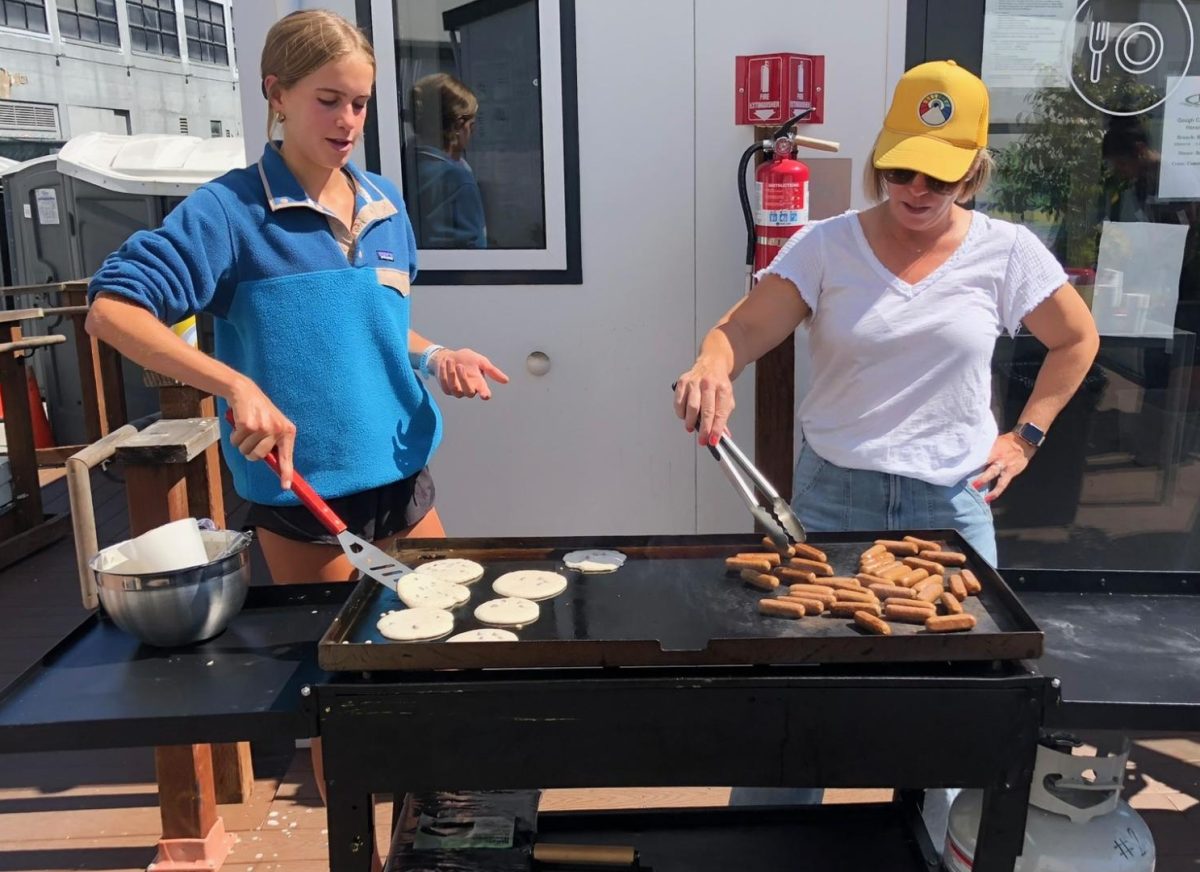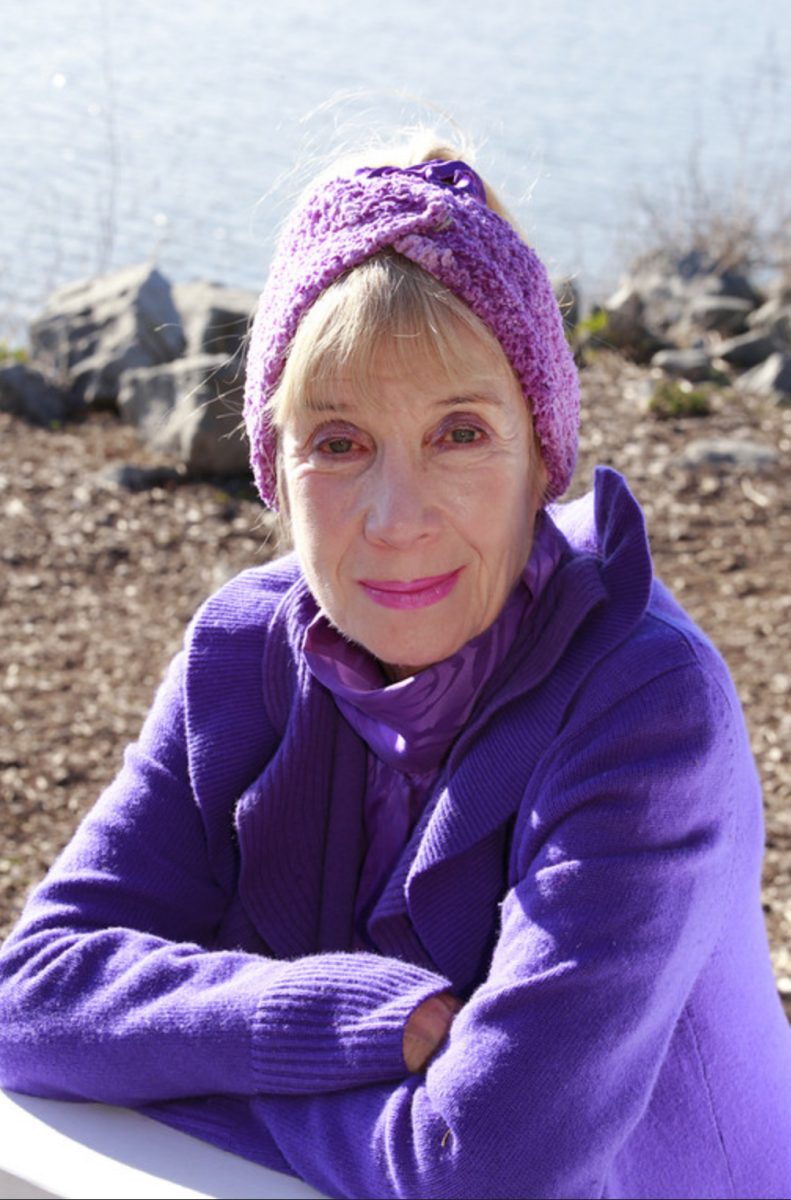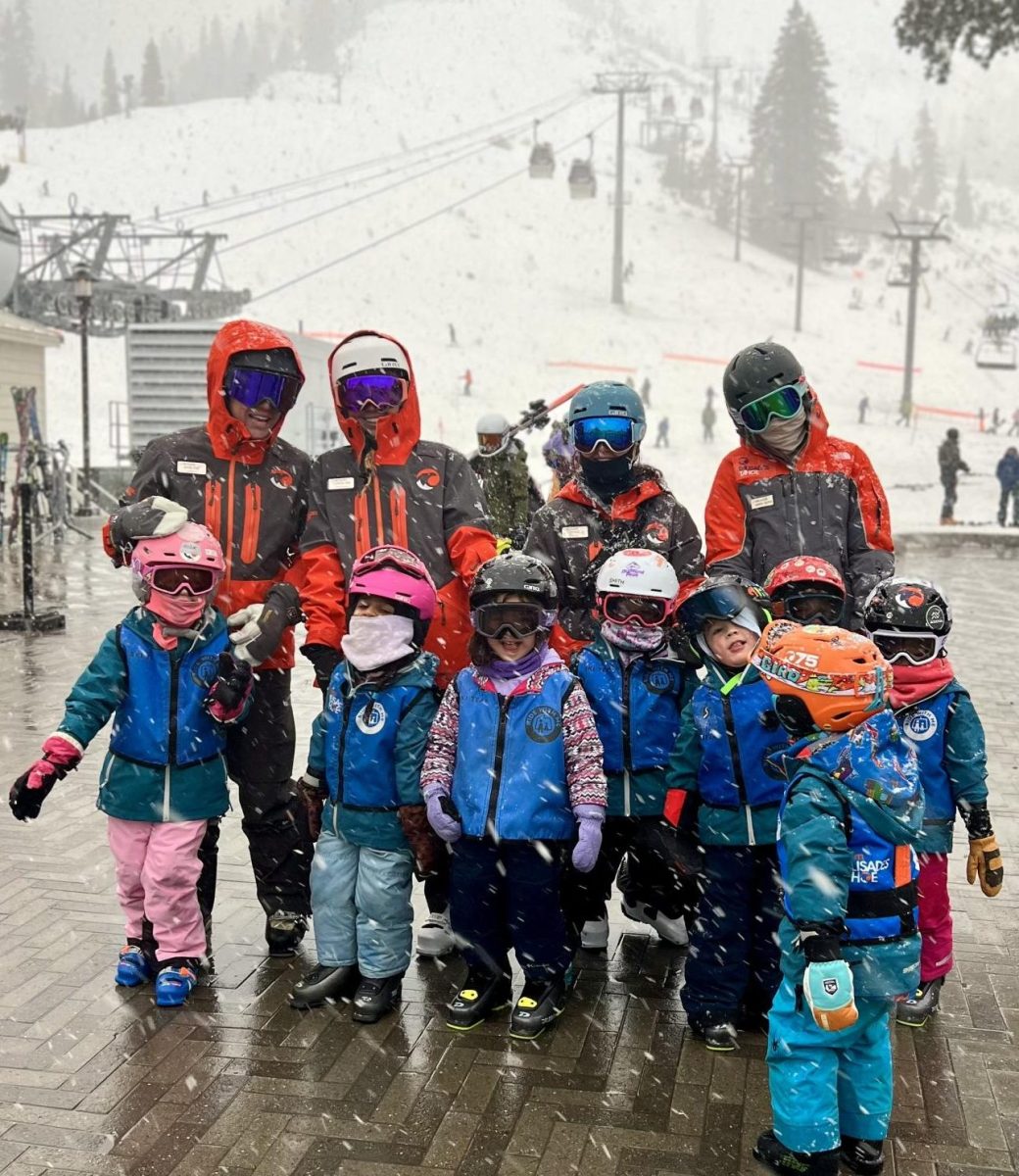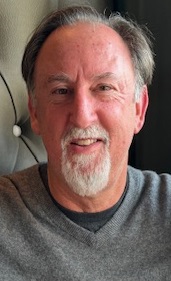Walking into the Wellness Center, students are greeted by Anna Benitez, officially known as a “Wellness Outreach Specialist,” but more commonly recognized as a friendly face and the bountiful provider of the much sought-after Kind Bar. Dozens of students interact with Benitez on a daily basis, but few know what goes on in her life beyond the boundaries of Redwood’s campus: foster parenting.
“My partner and I currently run the Emergency Foster Home for Marin County,” Benitez explained. “We’ve been doing that for almost three years and we’ve fostered 55 children.”
Benitez and her partner have one 7-year-old biological daughter, and another child who is due to arrive in May. Just recently, Benitez and her family said goodbye to a teenage girl who stayed with them for seven months. The family just welcomed another teenager.
“We’ve always worked with foster kids, we’ve just never parented or lived with foster kids. When we both did social work, a lot of our caseloads were foster children,” Benitez said. “When we worked at a charter school in Arizona a lot of those children were foster children. It’s always been a population that we’ve worked with.”

Benitez joined the Wellness team in October 2015 following five years in health education at Planned Parenthood.
In her job at the Wellness Center, she said she is able to connect with students on a more personal level and see familiar faces on a day-to-day basis.
“I really wanted to be a part of a program that helps students more holistically but also includes reproductive health, which Wellness does, and work more one-on-one with students,” she added.
Benitez stressed the importance of “self-care,” which she defined as doing things that help her to relieve stress, particularly when it comes to welcoming so many different people and eventually saying goodbye to them.
“That could be meditating, going to the gym, going for a walk, talking to a friend on the phone, connecting with other people, connecting in nature, eating something really good,” she said.
Benitez believes that being a foster parent is not difficult, but does require a big commitment in the long-run.
“It is challenging to hear their stories as to why they were removed. That can be dramatic. Even though it didn’t happen to you, hearing the stories is pretty grim. You just wonder what kind of world we live in where people do pretty crazy things to children,” Benitez said.
Benitez added that the challenges not only have to do with the incidents of trauma themselves, but the long term effects of such events, like the coping skills that children develop to deal with this kind of distress.
“Figuring out what that is initially and then dealing with it and trying to reshape and guide them in a different way––that can be challenging. Especially because a lot of times, a lot of children don’t have trust for grown ups and it is really hard for them to have trust and to open up. That can be a long process.”
Benitez said her experience as a foster parent has helped her be a better biological parent as well.
“It reminds me that it is really important to be forgiving. Forgiveness is really huge. Acceptance of people, where they are at, and what they have been through,” Benitez said.
Benitez also emphasized the importance of grown-ups being “advocates for young people.”
Benitez and her family will take a short break from fostering in order to raise their expected child but intend to take in more children in the future.
“Everyone needs a safe space. Everyone needs someone to advocate for them. It doesn’t matter where people come from, people need a grown-up to care for them,” Benitez explained. “The rewards definitely outweigh the challenges.”






